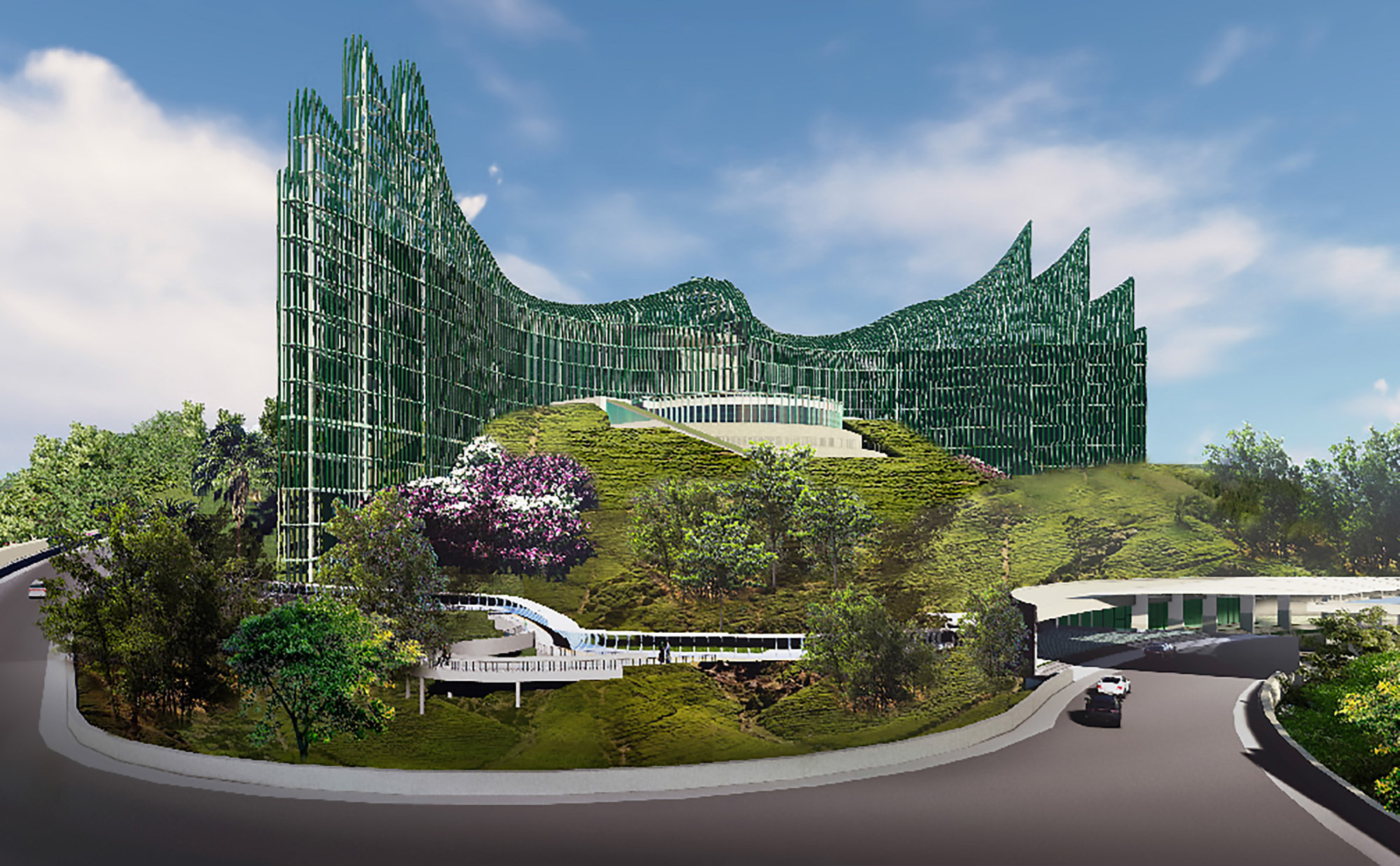Indonesia aims to stop Jakarta from sinking further by curbing groundwater use
[ad_1]
The Energy and Mineral Resources Ministry will require households using more than 100 cubic metres of water a month to hold permits, Muhammad Wafid, acting head of the ministry’s geology agency, said on Monday. Most families use only about 30 cubic metres a month.
“We don’t want out-of-control water usage,” as it will cause land subsidence which has been recorded in many areas across the northern coast of Java, he said.
The move is meant to ensure future generations would still have access to groundwater and to prevent further sinking of cities like the capital, which has seen some areas sink as much as four metres between 1997 and 2005.
Indonesia to bank on G7 investment deal to make huge emission savings
Indonesia to bank on G7 investment deal to make huge emission savings
In about three years, the government will also start imposing penalties for those who use groundwater without a permit. Farmers who aren’t linked to irrigation systems are still exempted from the permit requirement as long as they use less than two litres a second per family, Wafid added.
The limits may still change depending on ongoing talks with stakeholders, he said.

Plans for the new capital – about twice the size of New York City – are grand. Officials tout the creation of a futuristic green city centred on forests, parks and food production that utilises renewable energy resources, “smart” waste management and green buildings.
Some 7,000 construction workers are clearing, ploughing and building the first phases of the site. Worker dormitories, basic roads and a helipad are already being used. Construction of key buildings – such as the presidential palace – is expected to be completed by August 2024.
Additional reporting by AP

[ad_2]
Source link





